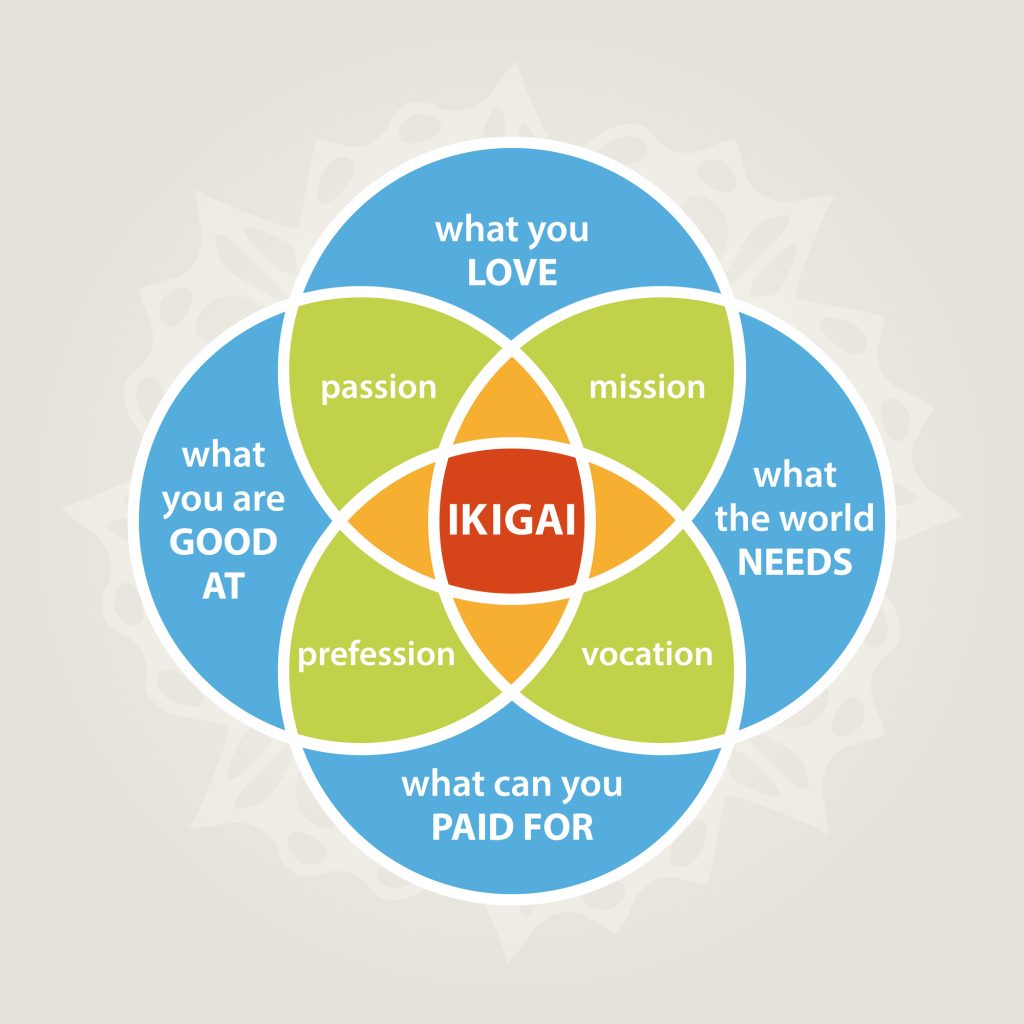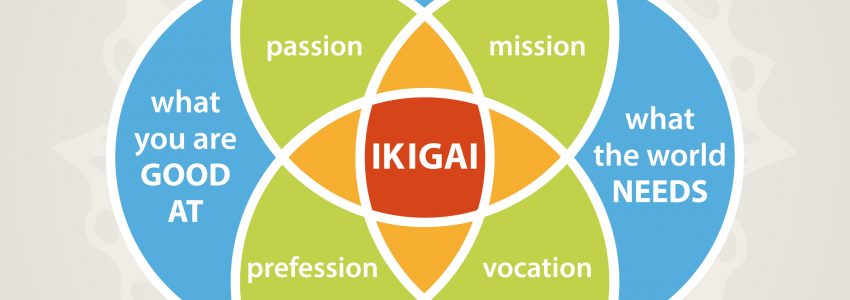Do you choose happiness? In recent months, I have been amazed by how many people have commented on and expressed how inspired they have been by my optimism and positivity when facing my medical challenges. My usual retort is that I just don’t think that being any other way would be helpful to my long-term physical or mental health.
By sitting around and moping about what has happened, and the physical, emotional and financial issues it has presented, I will only be taking away my ability to enjoy the here and now.
I have even heard that some people think that I have been overly optimistic or in some way faking my positivity and resilience, partly I suspect because it makes them acknowledge that they are missing out on life and could feel the same. What a funny world we live in, when anyone would find it necessary to drag others down, rather than figure out how to raise themselves up.
There is not a finite amount of happiness in the world; everyone has the opportunity and right to share in the experience. If someone else’s positive attitude and apparent happiness makes you uncomfortable, then it might be a good time to take a hard look in the mirror!
I will admit that finding that happiness hasn’t always been easy, and there have been more than a few ‘why me’ moments. I think that is very healthy to allow myself to occasionally go to that dark place and deal with the emotions, but then I need to flip the switch and climb back up into the light.
Life is too short to be miserable!
Long term negative emotions serve very little purpose other than to squash our happiness and make it hard to move forwards. Plus, nobody wants to be around someone who is forever sad, negative about their life and feeling sorry for themselves.
I was very fortunate that I had someone enter my life briefly when I was in my early 20’s who was prepared to call me out on my attitude and show me the error of my ways. After a happy, but rather sheltered, school life, I went away to University and really didn’t fit in. I didn’t relate well to people of my own age, had learned my lesson about excessive drinking in my late teens and was thus no longer interested, and had poor levels of self-confidence.
I withdrew and isolated myself, and stopped engaging with the world any more than I had to, all the time beating myself up about why I wasn’t more successful and how nobody would ever love me. Looking back, I would have been very hard to love in my self-imposed ‘pity party’, so it was a self-fulfilling prophecy!
Saved by a formative relationship
Thankfully, I found myself in a relationship with a much older man, who was considerably more confident and self-aware than I was. Being around him planted the seed that I had more control over my emotions than I thought. I remember so clearly, after a particularly morose conversation (one of many I am sure), that he said to me “I love you very much, but I just don’t want to be around you when you are like this”……and walked out of the door.
At first, I was shocked and hurt, as presumably I was expecting him to feel sorry for me and validate my feelings, but instead his response left me feeling like I had been rejected. I wallowed around for quite some time, seeking to justify why I had acted as I did, but after the anger and resentment passed I started to wonder if he was right.
- Was I putting on a negative persona to seek attention and make myself feel loved?
- Was it reasonable for me to feel this way?
- Could I start to view my life and its challenges differently?
- What kind of person might I be if I stopped wallowing in self-pity?
- Could I replace those negative emotions with something more positive, or at least neutral?
- What beliefs about my life would I have to change if I was to be happy?
It took time, but eventually I transformed myself into a very different person, having taken a good hard look at myself, my mindset, outlook and the person I wanted to be. I am still very much a work in progress, and even now must occasionally remind myself that I can’t bolster my happiness with material things.
It is easy to believe that buying myself ‘stuff’ will bring joy, but all too often this is a transient feeling which quickly passes, rather than something which brings about a lasting change in how I feel. Have you ever been guilty of that?
The reality is that if I want to be truly happy with who and what I am, I must put in the work and process the feelings, events and obstacles which hold me back. It isn’t always easy, but I truly believe that the person I show up as in the world is my choice. I have the ability to decide whether I feel happiness or sadness, to allow myself to get dragged down by life events or to rise up, and hence the type of legacy I am going to leave.
Only by finding meaning in my life and its (seemingly rather frequent) challenges, will I truly find the happiness I know I deserve!
I have so many reasons to be happy; a fulfilling relationship with my friends and family, a roof over my head and food in my belly, a business which makes me feel worthwhile and that I am making a small difference in the world, a body which, although a little bent and broken, is still able to move, see, hear, smell and think.
I could go on, but the reality is that the positives in my life by far outweigh the bad stuff. I am also accepting of the fact there will be more obstacles ahead to challenge my happiness. I don’t necessarily welcome them, but understand that they are very much a part of life. The process of overcoming adverse life events, and hopefully thriving in spite of them, is what for me constitutes a meaningful life.
So, here are just a few ideas if you want to have an ‘attitude adjustment’ and find your own happiness.
Decide to be happy!
Yes, really. Make a conscious decision to be someone who finds the best in other people, in life situations, in challenges, and in the good and bad things which happen to us all. Life is hard and full of knocks, and there will always be more to come. Nobody exists in an isolated bubble where only good things happen, and the sooner we accept that life isn’t fair and that bad things happen to good people, the quicker we can find meaning and grow.
Even the most awful situations and challenges will have a positive – even if it is simply the fact that those events were not worse. I felt this very acutely during the most difficult parts of my recent hospitalisation. With something like a 20% chance of dying, the fact that I was still alive was the biggest bonus I had to think about. Happiness couldn’t be far from my mind when I considered the alternative!
Can you seek to find the positive lessons in your life experiences?
Eat well
The food that we put into our bodies has a lot more to do with our emotions that we give it credit for. If you frequently eat low-quality, processed food, then it is very hard to feel your best, to have abundant energy or experience lasting happiness – it literally takes away our ability to enjoy life.
There is an undoubted relationship between the health of our gut and the health of our brain, with countless studies now showing a link between chronic gut inflammation and anxiety or depression. It doesn’t’ take scientific research for me to know that if I have a few days of poor eating habits, then I just don’t feel that good.
Fuel your body with fresh produce – lean meat, fish, eggs, vegetables, nuts, seeds and fruit, plus plenty of water. Stop beating yourself up about your weight or appearance, and instead resolve to eat predominantly great quality food to fuel your body. I guarantee that you will feel better for it.
Do some exercise
The human body needs to move. We are not designed to sit on our bottoms all day and watch daytime TV! If you are of working age and spend your days in an office, you still need to get up and move on a regular basis. Almost nothing will mess with your mental health and levels of happiness as much as inactivity and a sedentary lifestyle.
As soon as I could during my April/May hospitalisation, I started a routine of getting out of the hospital several times a day for a walk. I was lucky that we backed into a nature reserve, and one of my big joys was to go out and enjoy the fresh air, listen to the birds, watch the squirrels and start to reconnect with real life. It was some of the best medicine I had, and gave me a renewed sense of achievement and progress.
Even now, as I continue to rebuild my health and fitness, on days when I don’t feel so good I try my hardest to leave the house and stretch my legs, even if only for 15-20 minutes. Living is I do in the quiet Cornish countryside, I have an ideal environment, and it is very rare that I don’t feel an increased level of happiness and contentment for doing it.
For me, exercise is my best mood regulator, and without it I am undoubtedly more prone to unhelpful extremes of emotion. Regular exercise makes me more level-headed, mellow and able to deal with whatever life throws my way!
Be grateful
It is hard to remain sad when we focus on the good things around us. It takes our mind off our problems, and instead reminds us of how fortunate we are.
I love to journal every night, one of my exercises being to write down three good things which happened during the day. Sometimes it is easy, but even when it is not I can be reminded of simple pleasures such as the rising sun as I was driving to work, the conversation I had with a client, the clean sheets on the bed, or the free cup of coffee from Waitrose!
I know people who keep a ‘gratitude jar’, where they write on little slips of paper about the daily moments in life which bring them joy. Every 12 months, often around the new year, they open the jar and look back over all the positive experiences and thoughts they have had. I challenge you to try it and not have an increase in your levels of happiness.
Smile
Go on, do it now. Better still, smile at someone else and see what happens….I will bet that they smile back and you have spread a little joy. It is hard not to feel a surge of happiness when we smile, as it elicits a release of the feel-good neurotransmitters such as serotonin, dopamine and endorphins in our brain.
Smiling helps to reduce our stress levels, and can even lower our blood pressure and heart rate.
Don’t fake it, just put your negative thoughts on hold and make the decision to smile. Better still, think of a positive situation which naturally makes you want to smile, such as a happy memory or humorous situation, listen to your favourite CD or watch a comedy film.
I love sunflowers, and early in my hospital stay I attended an art class at the local Macmillan centre – I run a gentle exercise programme for them, aimed at anyone with a cancer diagnosis, so tagged along with a few of my favourite clients. Having not done any formal art since my school days, my attempt was a pencil and pastel sunflower. The lovely instructor refused to let me bin it, and instead spray fixed it for me to take back to my room where I duly stuck it on the wall.
Every morning, when I was having my 6:30am antibiotic infusion, I got to glance up and ‘admire’ my work. I don’t know whether it was my own dubious artistic talent or the subject matter, but every time I glanced up, I had a wry smile. I fear that most of my visitors assumed that it had been drawn by a child, but regardless, it served the useful purpose of brightening my day and allowing others to share in my happiness!
Seek to find meaning in your life
This one takes a lot of work, but is perhaps the most transformative thing you can do. The Japanese have the concept of an Ikigai, which loosely translates as ‘your reason for living’ or what makes you get up in the morning.

Knowing, and living according to your Ikigai, has been shown to be one of the most important factors in living a long and healthy life, and being able to successfully overcome its inevitable challenges. Since I defined and understood mine, I have been able to more easily base my life decisions around fulfilling what I know to be my purpose.
My Ikigai is to inspire anyone facing a life-changing health condition to see beyond their limitations, so they may not only survive, but thrive.
Much of my life fits in with this mission. For many years I have been running a fitness and wellness business which especially encourages people with long-term health conditions to come together as a community and enjoy the benefits of movement. I am currently writing a book to share my story, and what I have learned about how best to overcome health adversity. My future plans involve on-line courses, a support group and exciting multi-day retreats where we get the opportunity to share and learn from each other.
For a half-blind, broken-hearted, stroke survivor, I am not doing too bad (wink).
I have found my passion and that brings me a huge amount of happiness!






